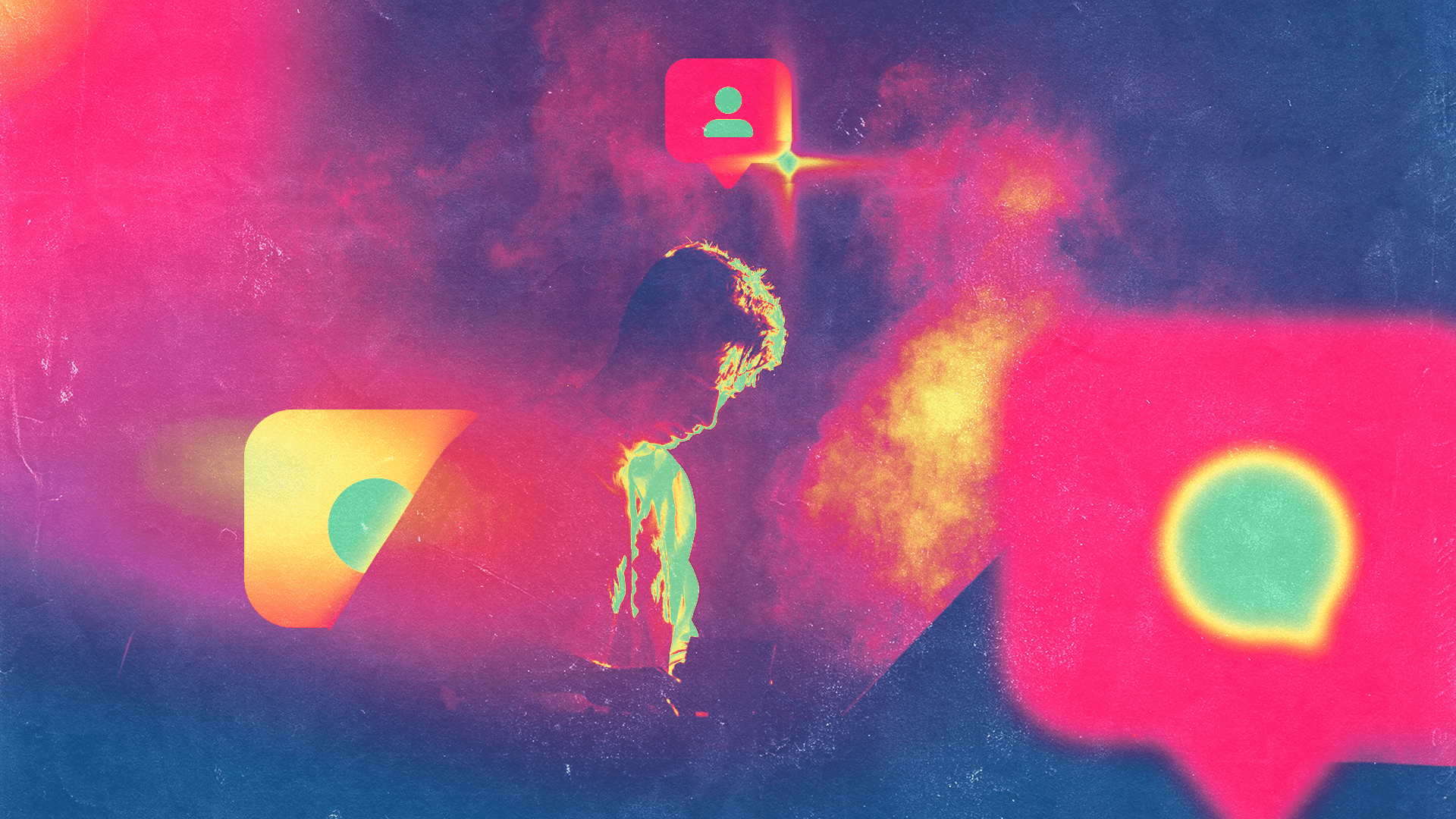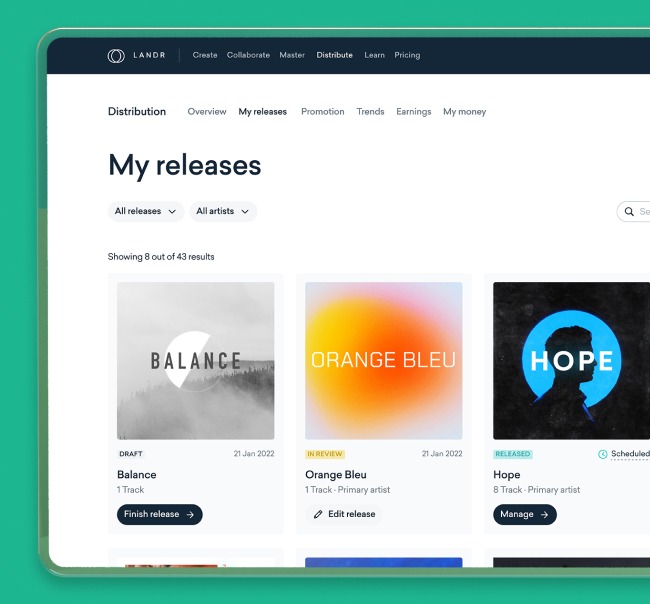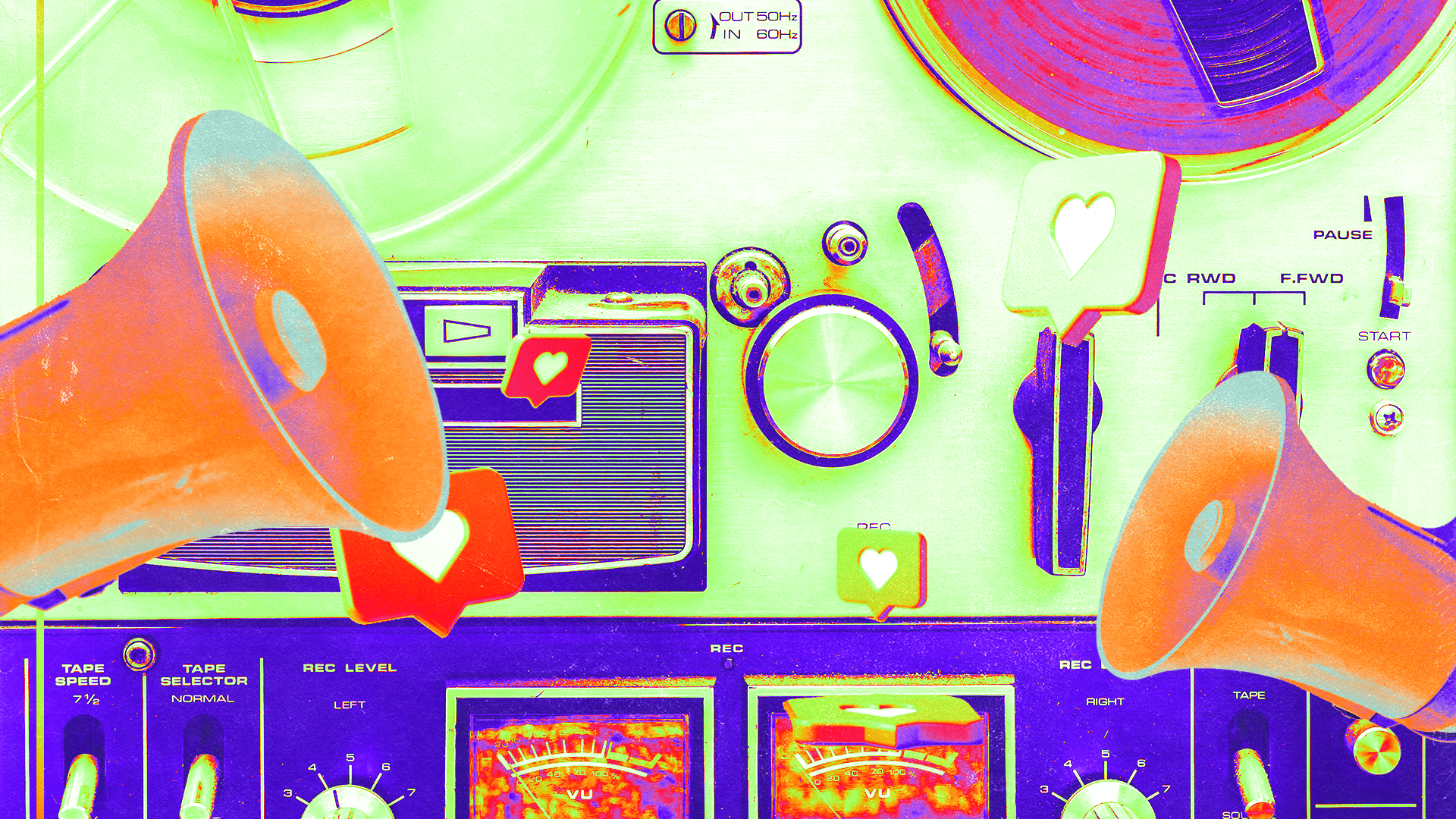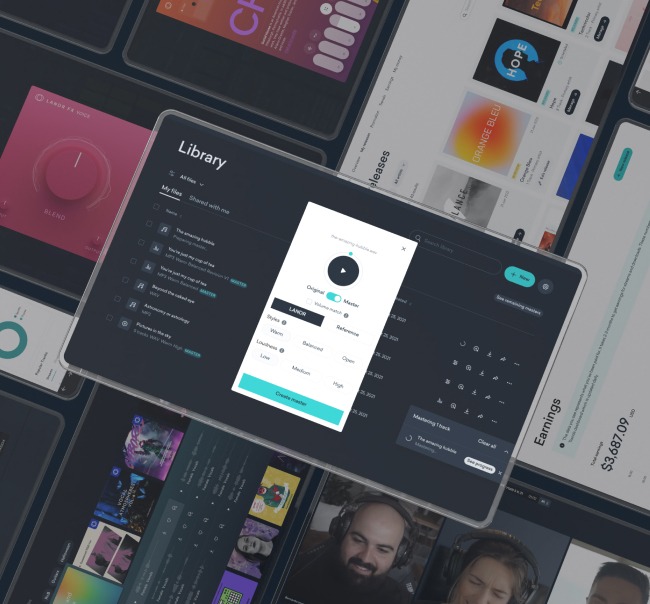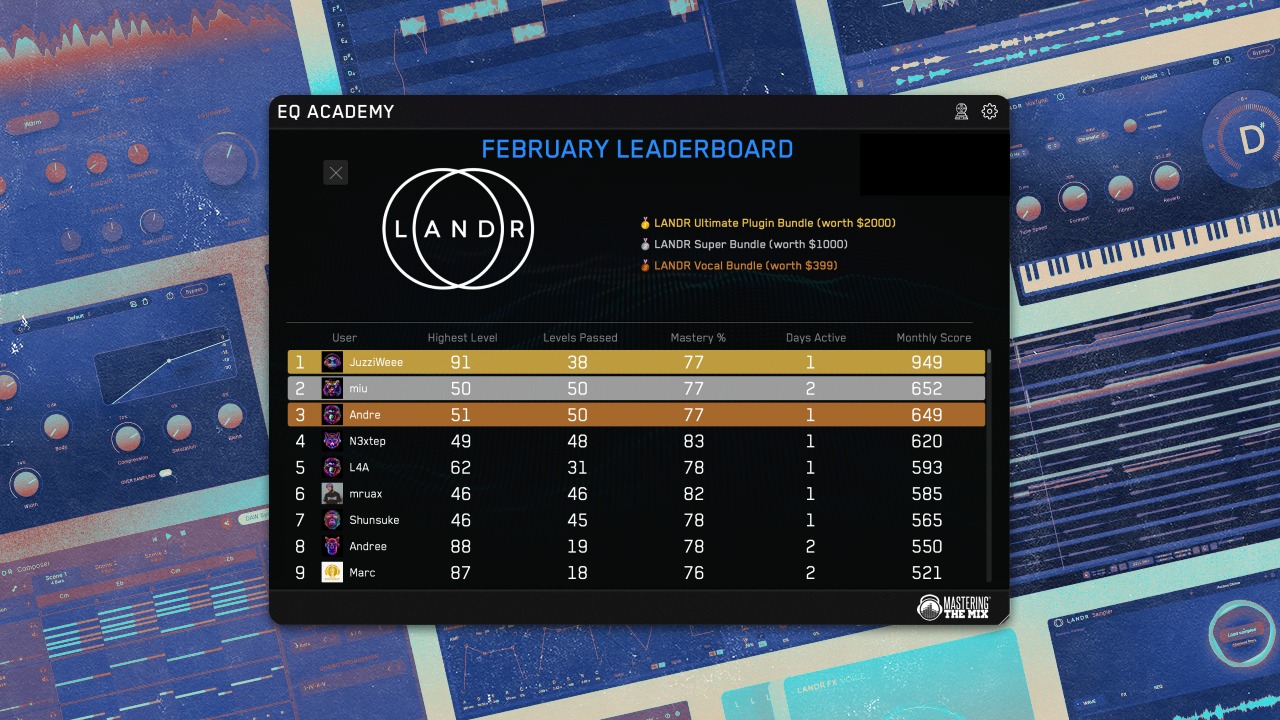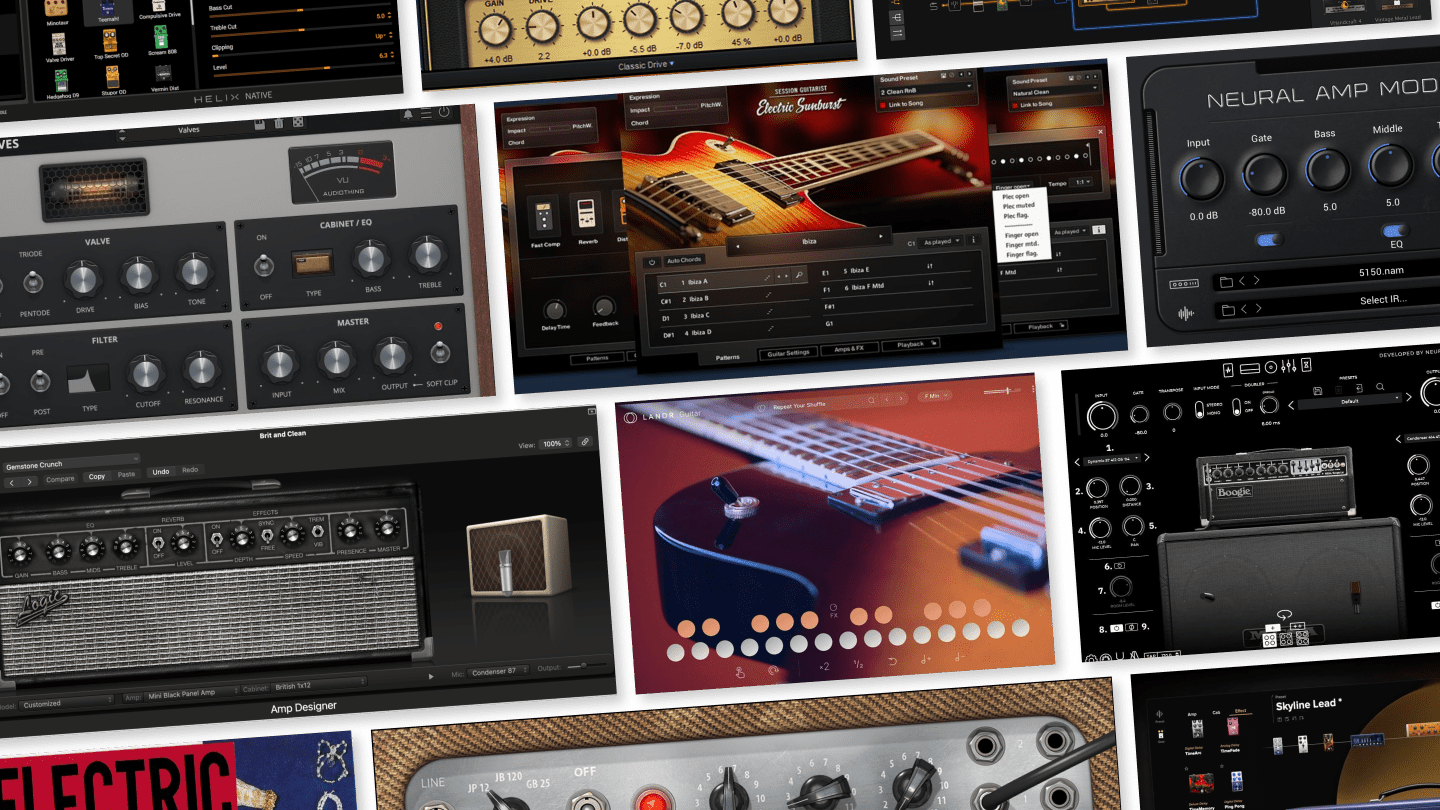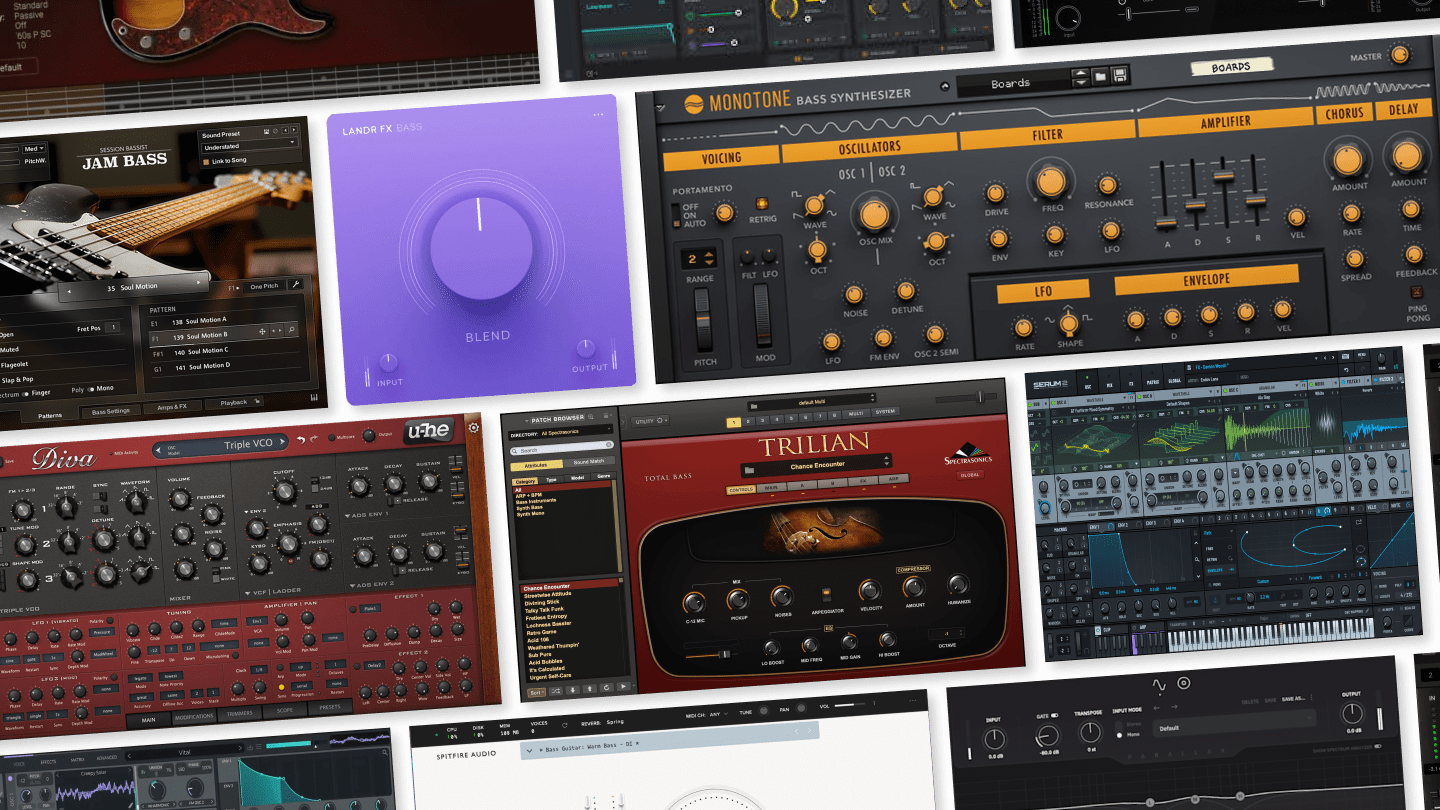
Which Social Media Platform Is Best for Music Promotion?
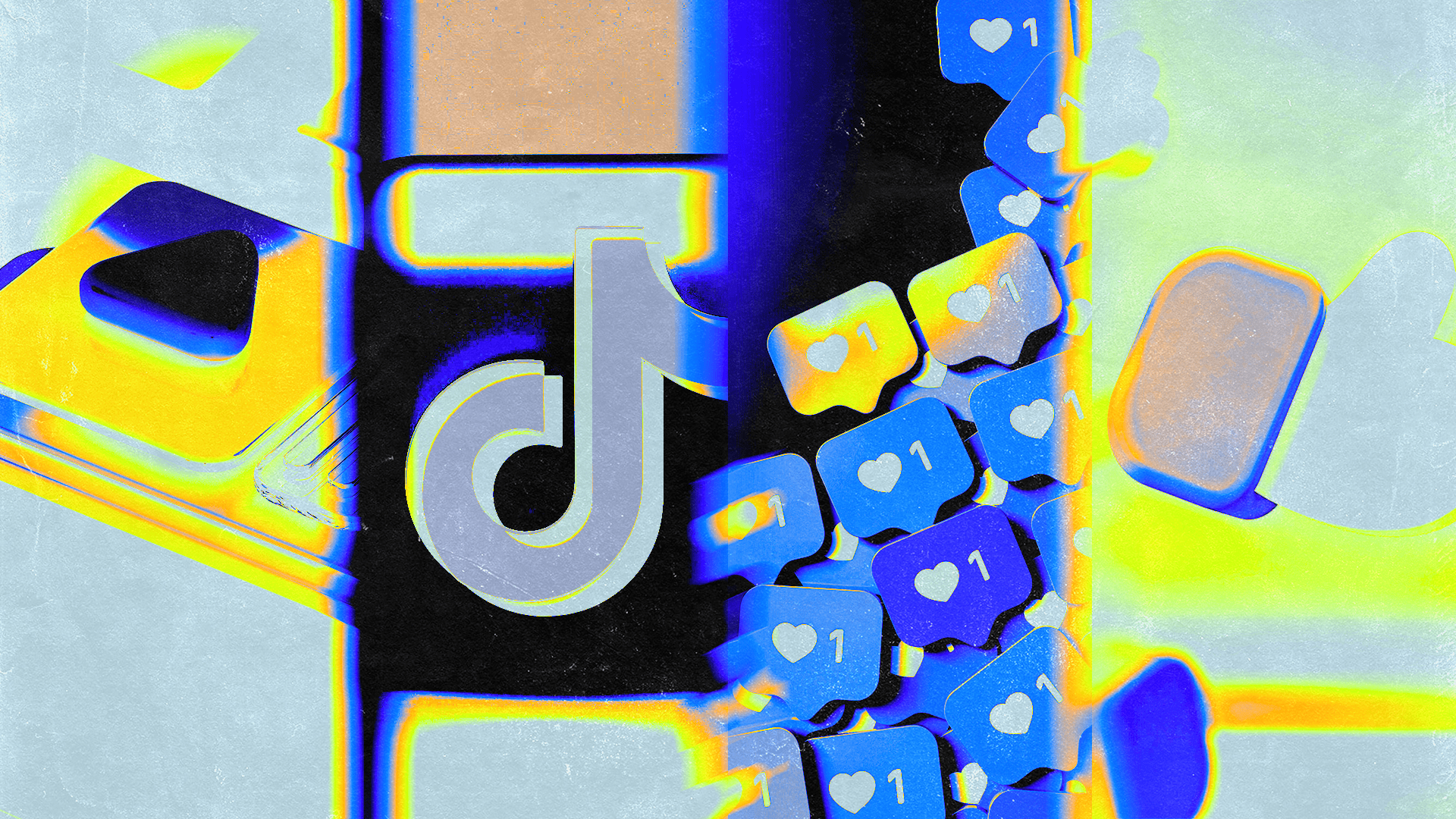
TikTok, Instagram, YouTube, and Facebook are some of the most important platforms for promoting music today.
But which one is most worth your time and energy?
To find out, we’ve compared the four of them to help you make the right moves when growing your audience.
Ready? Let’s jump in.
TL;DR
Social media is a meaty topic, so if you want us to get straight to the point, we feel you. These are the main takeaways:
1. There isn’t one platform that is “best” for music promotion.
2. Each platform has its own strengths and weaknesses.
3. You should use them to complement one another.
Here’s how we recommend you do that:
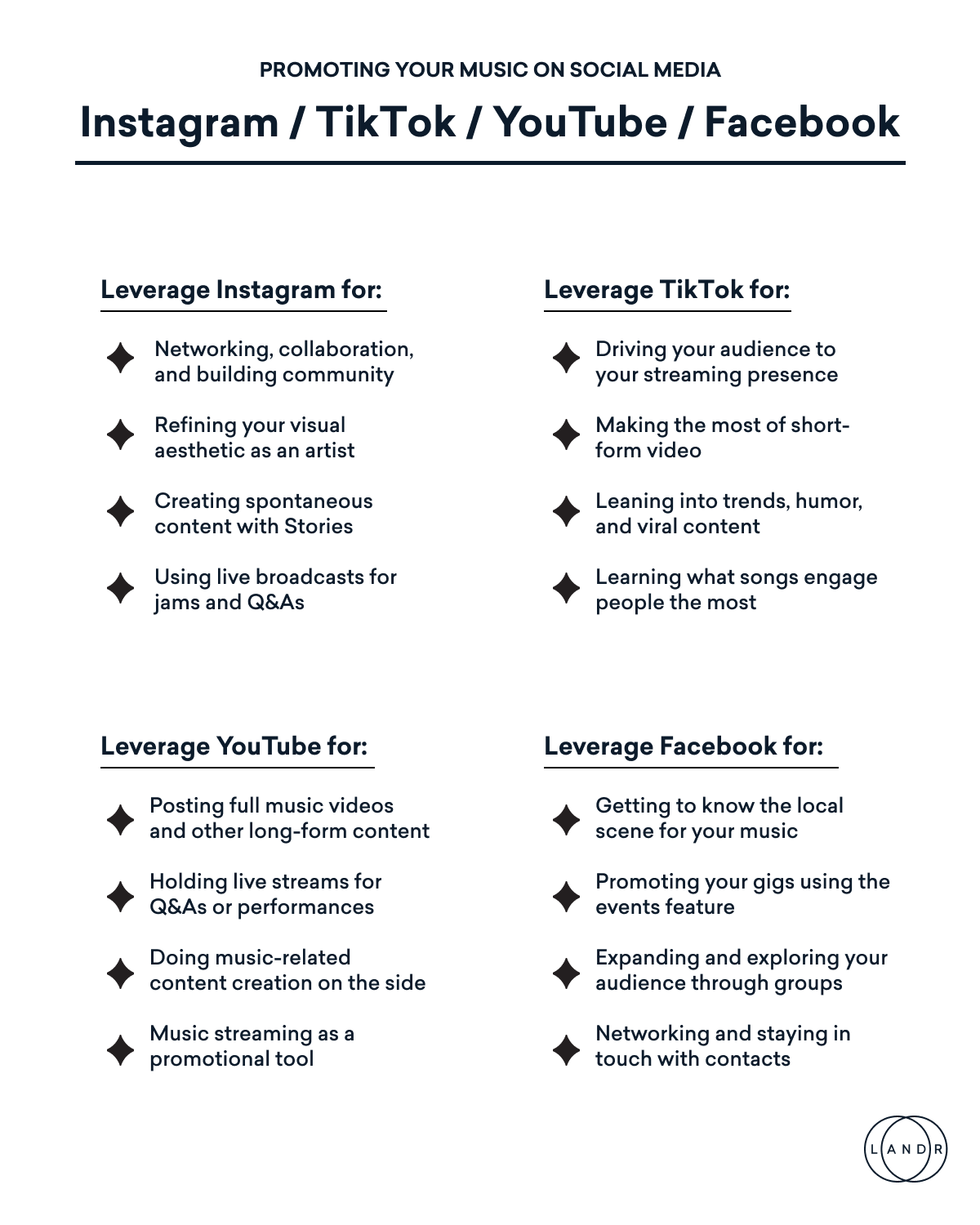
Of course, you don’t have to follow this graphic to the letter. Social media is highly dynamic and your decisions will depend on your genre, your scene, and your audience.
Generally speaking, we recommend investing your energy primarily into Instagram, and doing the same with TikTok if the platform is important in your genre.
Your two most important goals on these platforms should be to present yourself in a distinctive way and drive people to your music on streaming platforms.
And, of course, the best way to get on streaming platforms is to release through a distributor.
Instagram for music promotion
Here’s our quick breakdown of the pros and cons of Instagram for music promotion:
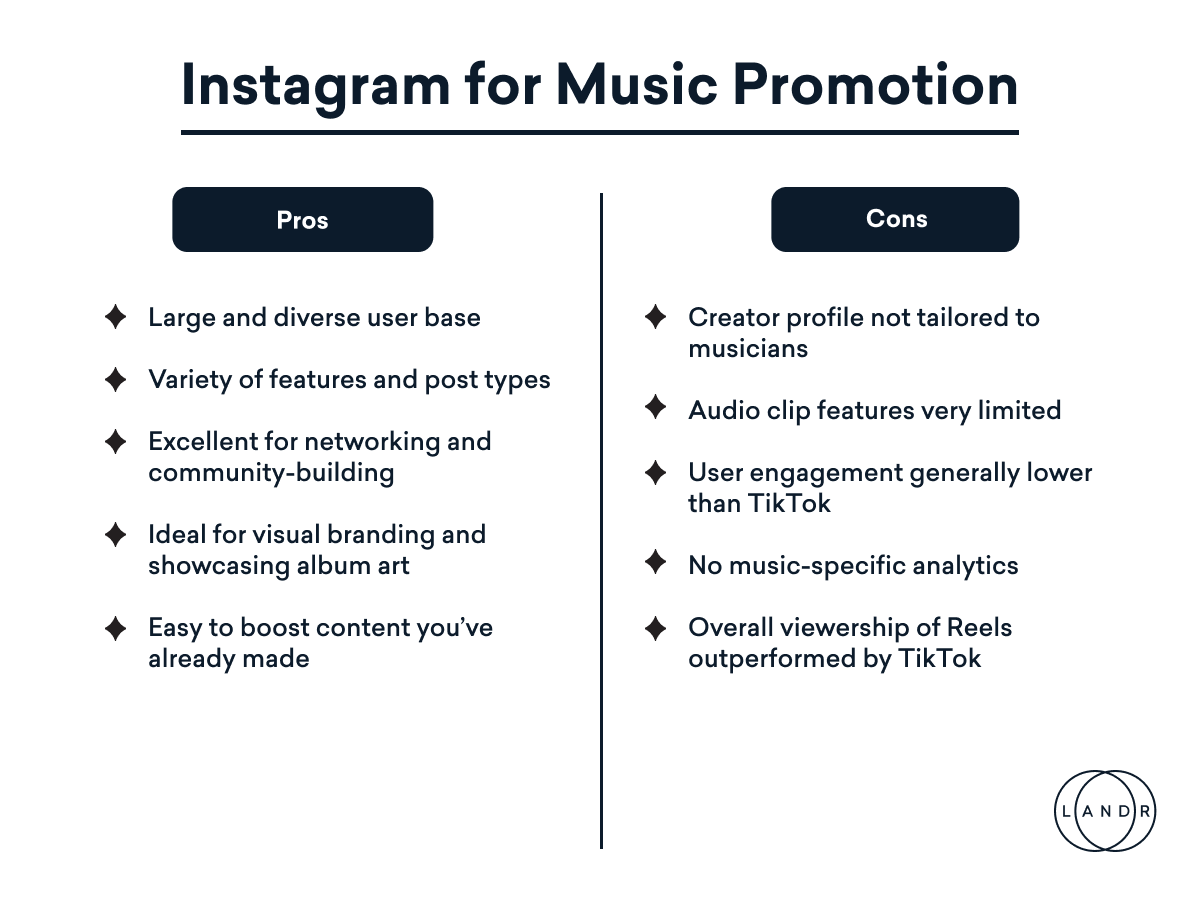
Instagram has both a well-rounded feature set and a large user base.
It also strikes a balance between static posts, live streaming, and short-form video.
On top of this, it’s easy to give your posts and Reels a paid boost in the timeline when promoting a new release or music video.
However, Instagram’s creator account is not tailored to musicians, so it lacks the music-specific features that you’d find on TikTok.
You won’t get the same control and insight that TikTok gives you when it comes to how people use your music on the platform.
Still, we recommend that you post short-form videos on both TikTok and Reels to see where you get the most success.
In fact, you should already have a sense of whether your audience is most active on TikTok, Instagram, or both.
If you’re not sure, experiment with each of them to find out which one gets you better results.
TikTok for music promotion
Here’s our quick breakdown of the pros and cons of TikTok for music promotion:
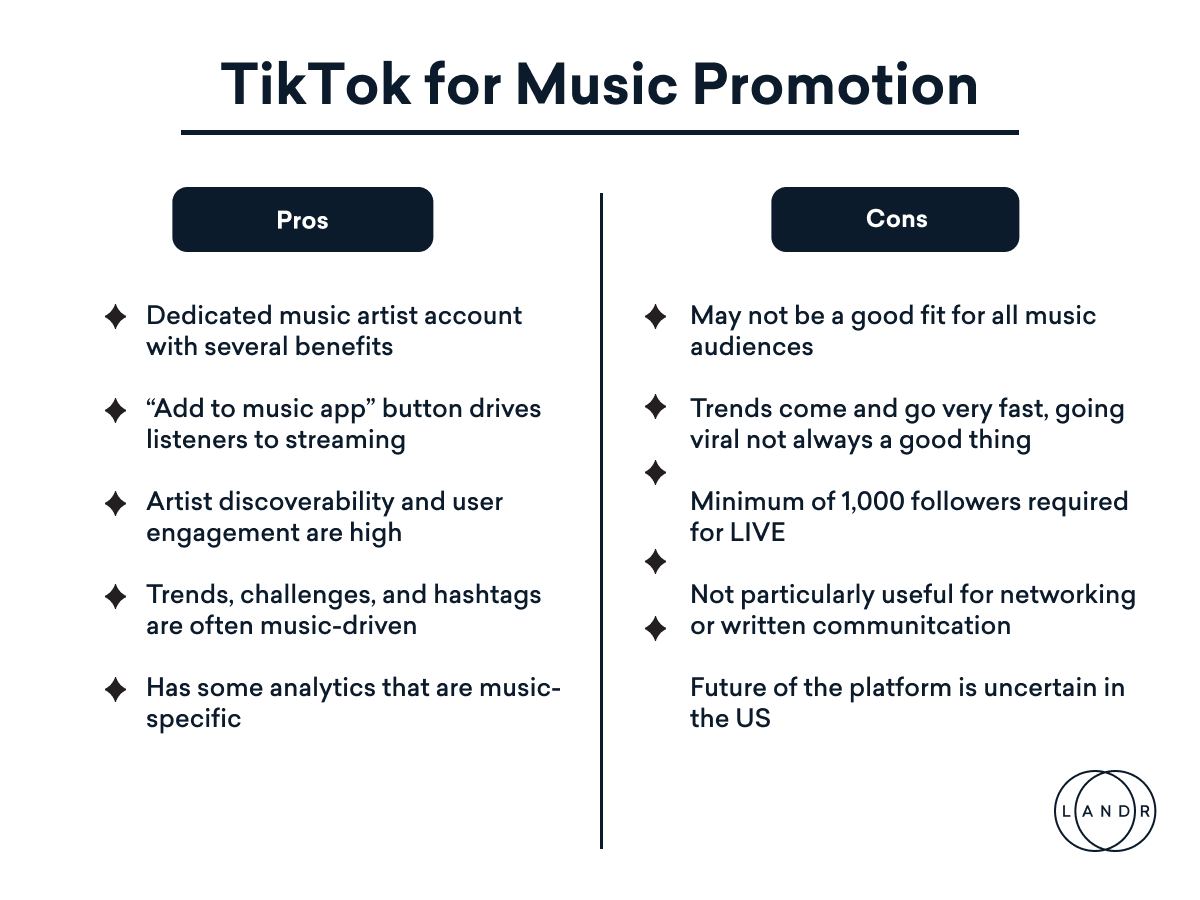
TikTok has been a music-oriented platform from the beginning, so it has many built-in features that are useful for music promotion.
This includes artist accounts, the ability to sync your account with your artist name in the audio library, the ability to showcase your music on your profile, and more.
TikTok’s user base skews significantly younger than other platforms, which will be an advantage or disadvantage depending on the average age of your audience.
TikTok is especially powerful when it comes to driving people to your presence on streaming platforms.
This is because of the “Add to music app” button in sound detail pages. It allows users to add the songs they discover on TikTok directly to their libraries on Spotify and Apple Music.
Meanwhile, trends on TikTok are crucial to music discovery, but bear in mind that they can come and go quickly.
If you want to use trends in your favor, you have to stay on your toes and be very active and engaged on a consistent basis.
Finally, remember that TikTok’s legal status in the US may change. This is definitely something to keep your eyes on.
YouTube for music promotion
Here’s our quick breakdown of the pros and cons of YouTube for music promotion:
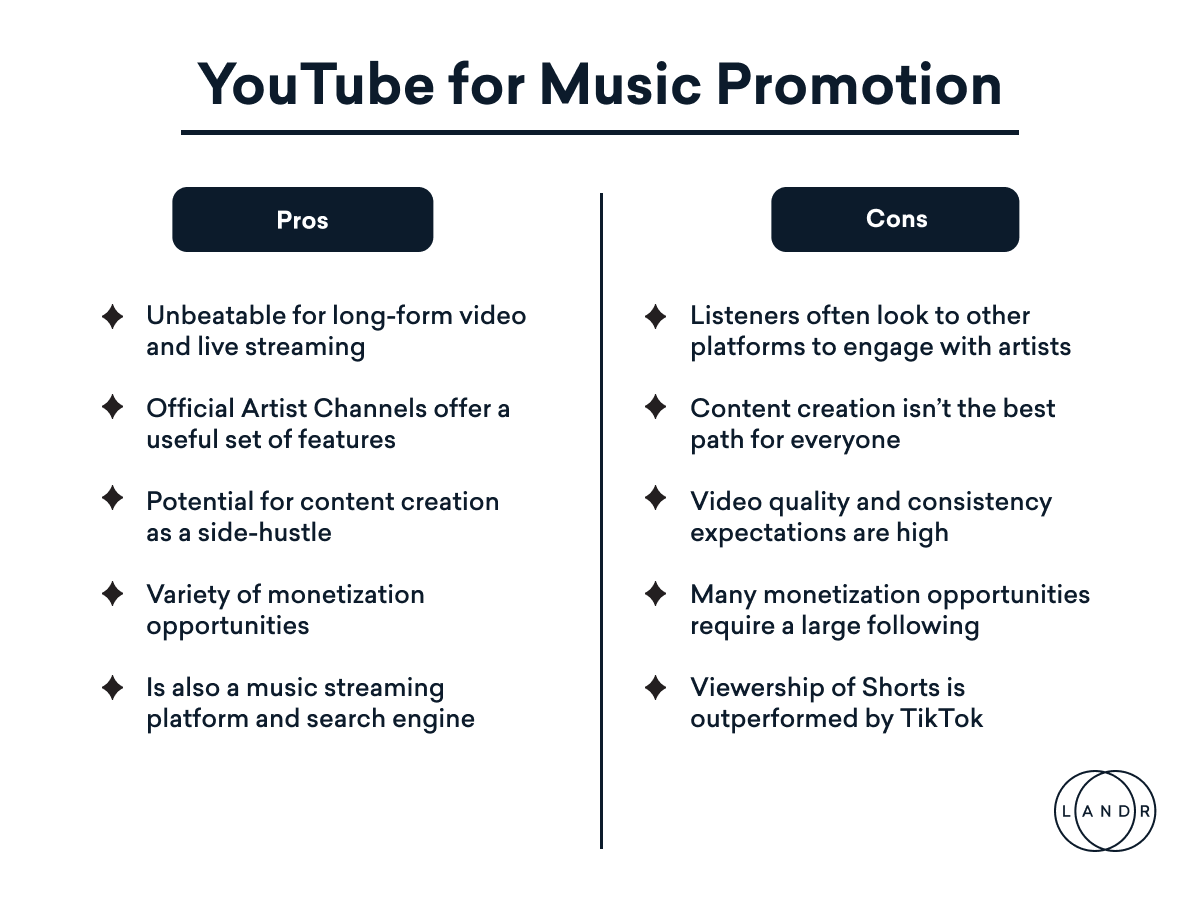
There are a few different routes you can take with YouTube, which each require different levels of effort:
- Release and monetize your music on YouTube via your distributor
- Do the above, and create an Official Artist Channel for promotional use
- Do both of the above, and build a following as a content creator
Releasing and monetizing your music on YouTube via your distributor is the most essential of these three.
It centralizes your presence on the platform, helps you learn about your audience through analytics, enables you to promote your music with ads, post Shorts, and more.
YouTube also opens up the possibility of building your following with music-related video content. This could be gear and software reviews, music tutorials, and other projects.
Still, being both a musician and a content creator isn’t a path that everyone wants to follow. It can be highly time-consuming, challenging, and competitive.
Additionally, some very tempting monetization options require subscriber minimums, like selling merch through your channel (10,000 subscribers or more).
So, many musicians might just want to stick to simply distributing to YouTube Music and using their artist channel to post their music videos, do occasional live streams, etc.
Facebook for music promotion
Here’s our quick breakdown of the pros and cons of Facebook for music promotion:
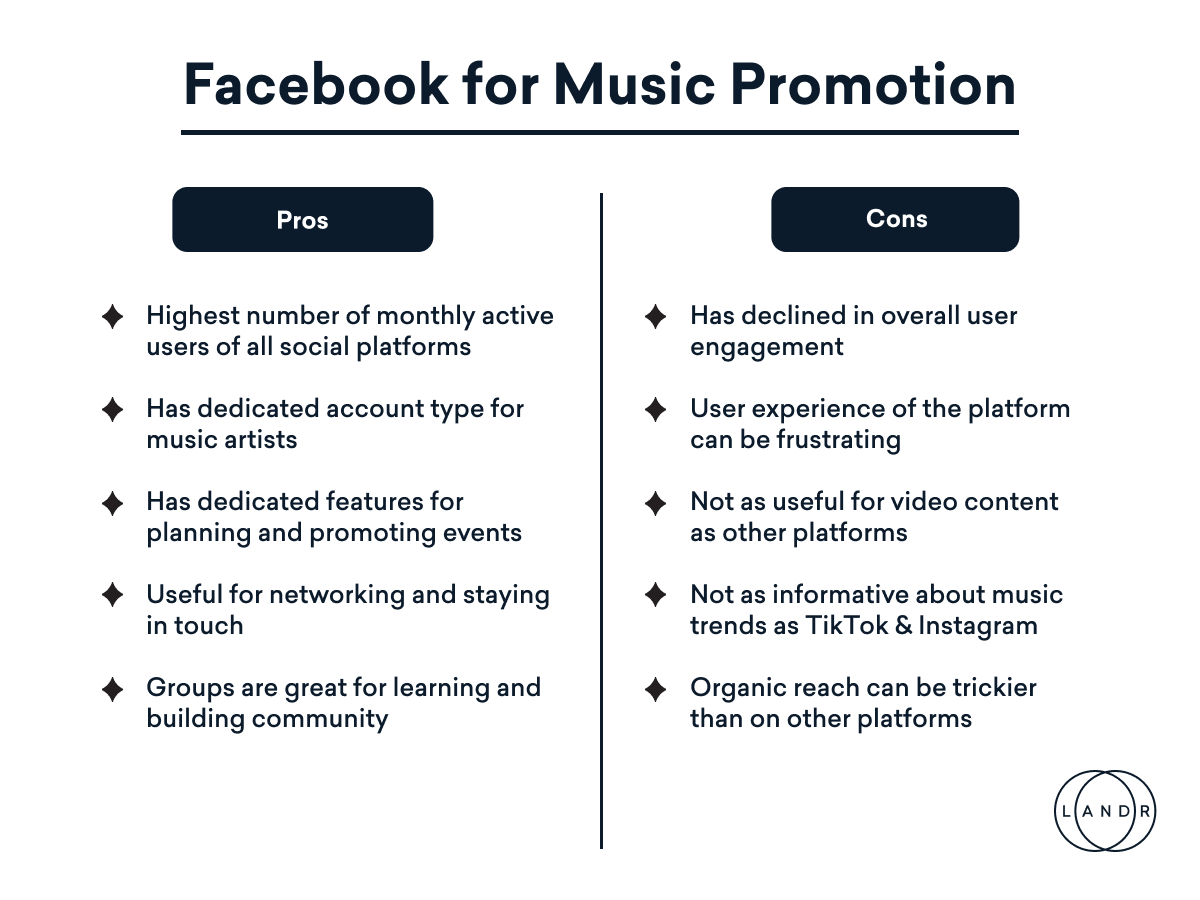
Compared to TikTok and Instagram, Facebook doesn’t quite measure up in terms of user engagement these days, especially among younger people.
It can also be difficult to get noticed in organic feeds, as the platform seems to favor sponsored content.
However, Facebook events are a unique feature that you won’t find on other platforms.
This simultaneously gives you a tool for promoting events and gaining a deeper understanding of your local scene, which we highly recommend doing.
In addition to this, the platform is full of group pages dedicated to music and music production, some of which are very broad while others are quite niche and specific.
These can be great for building your network and, if it’s appropriate for the rules of the group, sharing your music with others.
And, of course, your Facebook artist page should link to your other profiles and to your music on streaming platforms.
What about ad campaigns?
Depending on your resources, you may be able to run ad campaigns on social media to provide an extra boost to your visibility.
The cost can vary depending on the type of ads you’re running, the specifications of your campaign, and the pricing of the platform.
This article from Gupta Media offers useful data on the average cost of advertising on Instagram, Facebook, YouTube, TikTok, and more.
While it can definitely pay off to run ads with a budget you can afford, it’s also not a guarantee for success.
We’ll write a more detailed guide to promoting your music with social media ads soon.
Until then, keep exploring the creative and promotional possibilities of the platforms you have access to — it can make all the difference.
Gear guides, tips, tutorials, inspiration and more—delivered weekly.
Keep up with the LANDR Blog.
